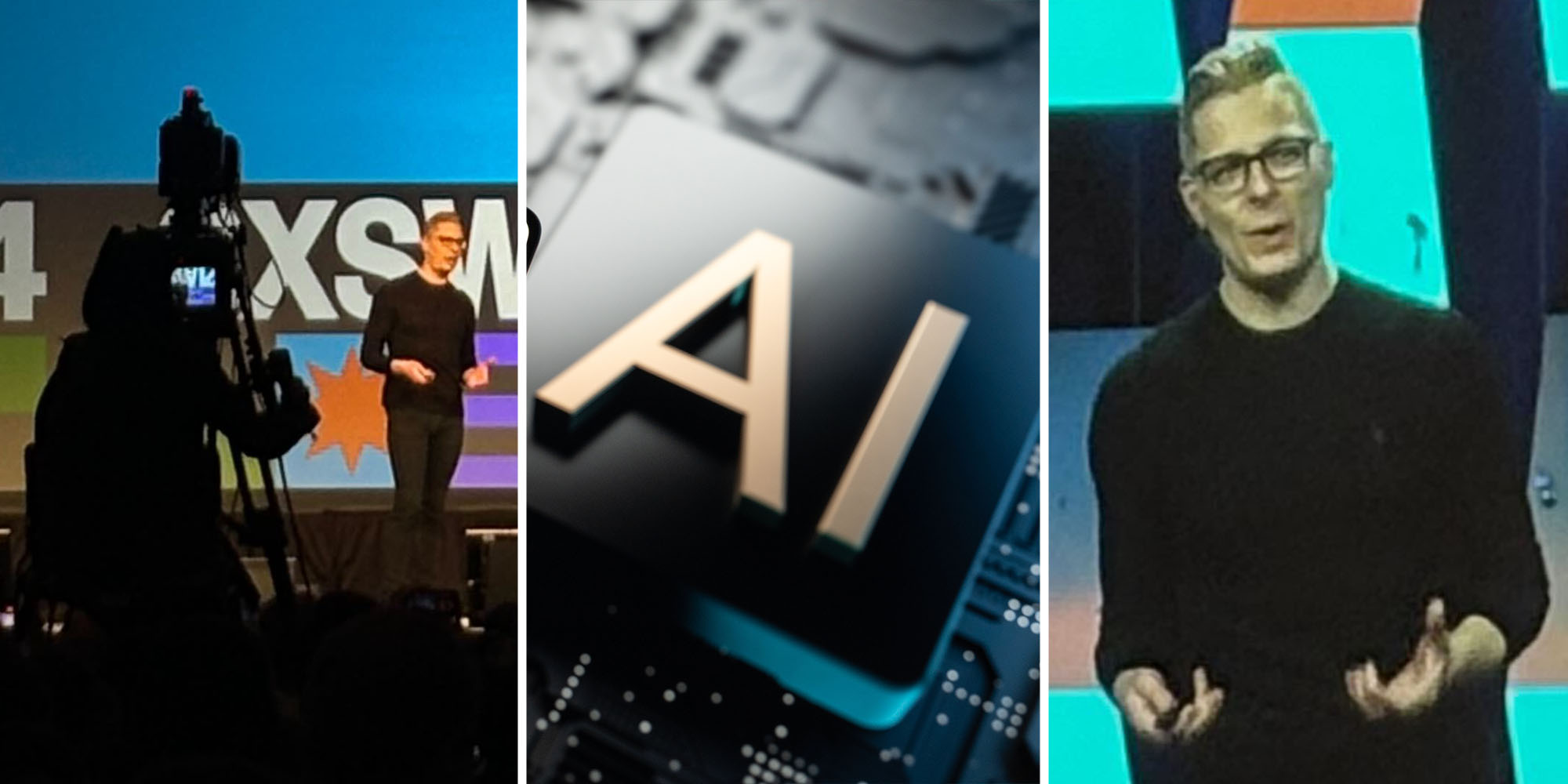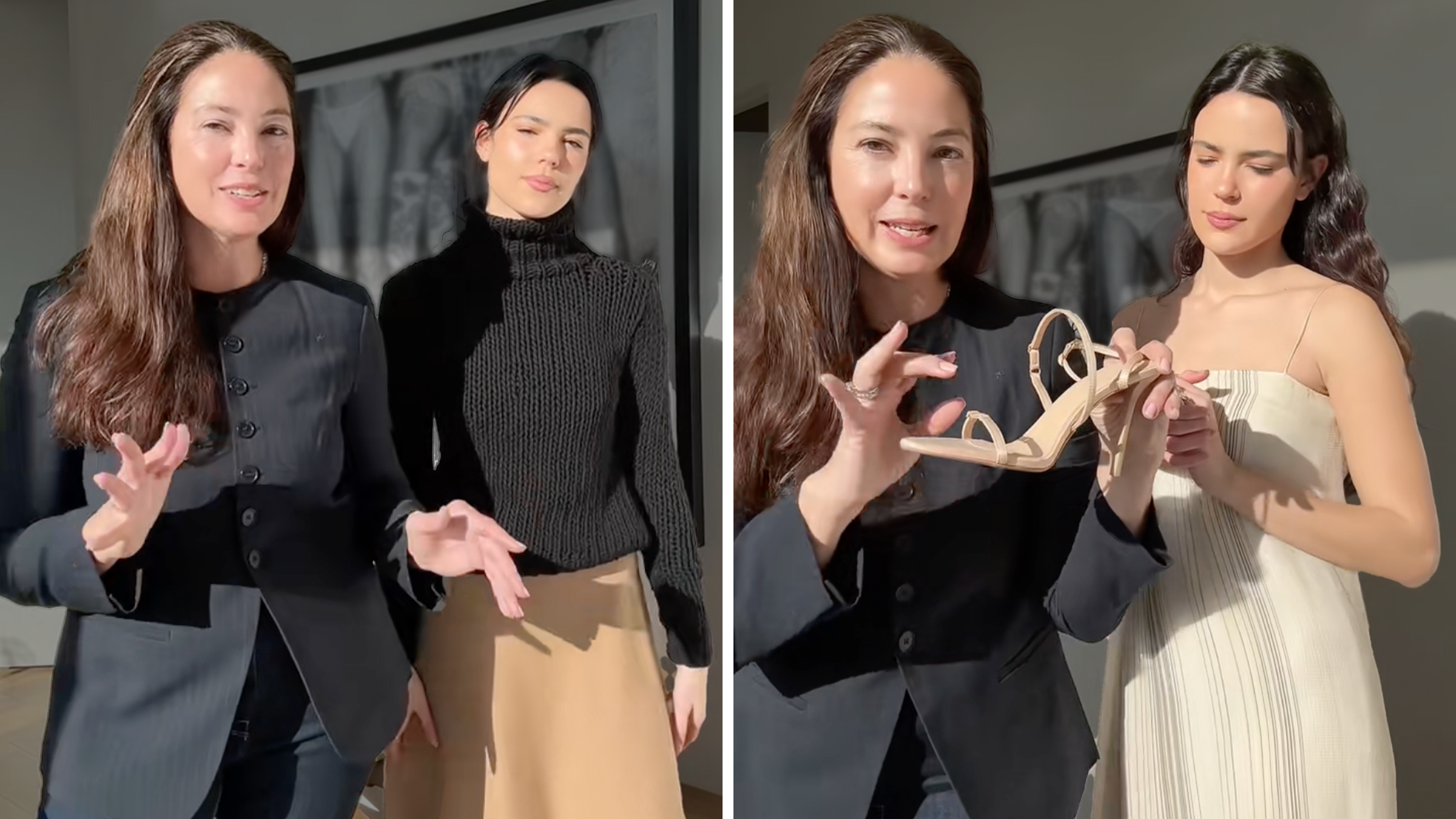In the past year, everyday people have become more aware of, and able to engage with, artificial intelligence.
From using large language models like ChatGPT to write cover letters, to creating strange and exciting imagery with Midjourney, the development of AI has created a whole new ecosystem for production, leading many to believe that these technologies are the way of the future.
At this year’s South by Southwest (SXSW), Ian Beacraft of Signal & Cipher gave a presentation about how AI is finding a place in our lives. In short, he says the hype cycle for AI is pretty much over.
“AI is just expected,” he said. He continued by saying that if you run a company and have a presentation deck bragging about your business’ incorporation of AI, “you’ve got about 6 weeks for that deck to still matter.”
“In a few years, we’ll talk about AI the same way we do digital,” he added. “It will be assumed.”
Why? According to Beacraft, the average person does not fully understand just how fast AI is growing—and how many companies have already taken up artificial intelligence as an integral part of their businesses. As evidence, he cited the fact that, after the release of ChatGPT, Google “re-engineered its entire product line” to focus more on artificial intelligence.
“We’re not really built to see things exponentially,” he said of our inability to perceive this growth. “We are linear human beings. … We weren’t evolved to think or act that way.”
This implementation is already changing workplaces—something that Beacraft welcomes.
“I personally believe that our systems for work are broken,” he stated.
Worker concerns about their jobs being replaced by AI are valid, Beacraft shared, if these systems are simply implemented on top of existing structures. Truly incorporating AI involves a complete overhaul of the workplace and the people who populate it.
“I personally believe that this is the era of the creative generalist,” Beacraft explained. Being a creative generalist, according to Beacraft, means being adaptable in the workplace, willing to pick up new skills, and finding ways to use AI to supplement one’s work. This can include training an AI on one’s company or even on one’s self—allowing a creative generalist to trust the AI with the skills they already have while giving themselves the space to learn and grow.
“Jobs are dead, but work isn’t,” Beacraft summarized. While AI will likely cost jobs, Beacraft says that the idea of the creative generalist is a game-changer. As he simply put it, “It changes the conversation.”






